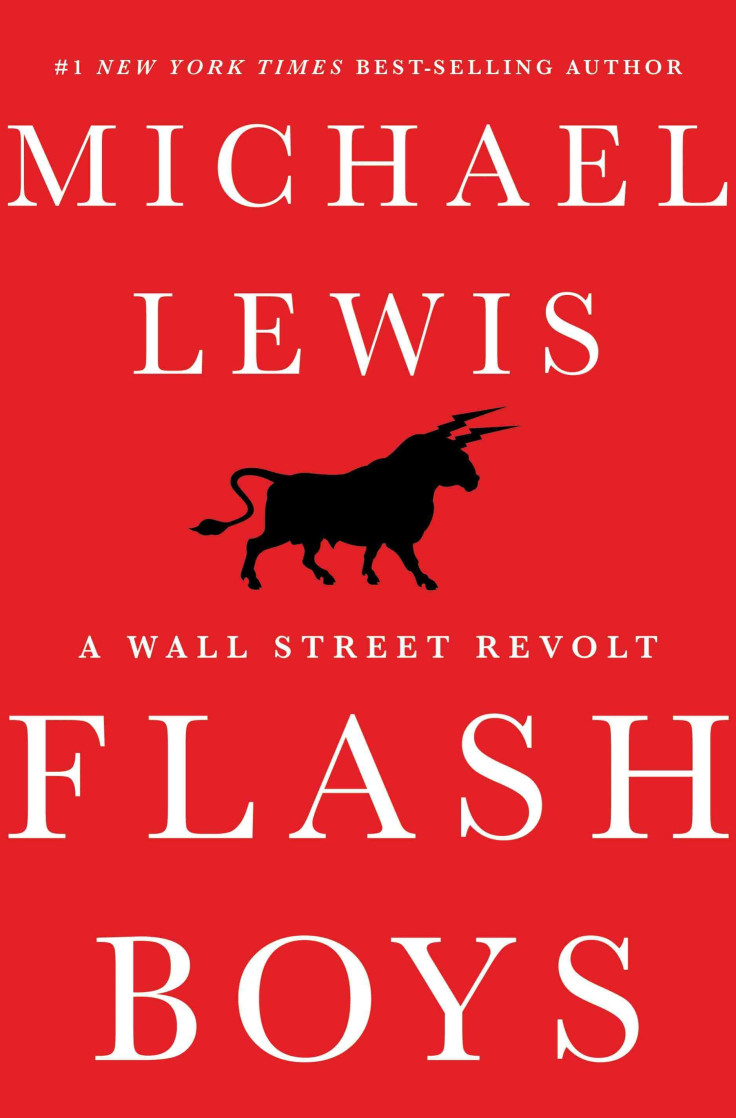High-Speed Trader Virtu Calls Off IPO, For Now

High-speed trading firms have been a hot topic of conversation since author Michael Lewis released "Flash Boys," his book that tracks the history of the companies that use technology to buy and sell stocks in milliseconds, at the end of March, and now at least one firm has decided to slow down.
Virtu Financial Inc. called off indefinitely its planned initial public offering on Thursday after market and regulatory scrutiny of high-speed trading firms heightened, triggered in part by Lewis' book, the Wall Street Journal reported. Although the New York-based company postponed its launch, Virtu doesn’t plan to withdraw its IPO paperwork, Journal sources said.
The proposed $200 million offering, which the newspaper said would value the firm at $3 billion, was initially planned for the first week of April, but it was postponed for two weeks after the book's March 31 debut. The controversial book claimed that markets were effectively rigged by high-frequency traders, who exploit technology to trade with an advantage over other investors.
New York state attorney general Eric Schneiderman has requested information from Virtu, Bloomberg reported. Schneiderman recently subpoenaed six high-frequency trading firms, though its request to Virtu so far doesn’t involve a subpoena. The FBI also has launched its own investigation into high-speed trading, according to reports.
In March, Schneiderman vowed to crack down on unfair high-speed trading, likening the practice to insider trading and calling it “one of the greatest threats to public confidence in the markets.”
Virtu has become one of the industry’s biggest companies, providing quotes in more than 10,000 securities and contracts in 30 countries, according to Bloomberg.
Chris Concannon, Virtu's president and chief operating officer, didn’t respond immediately to requests for comment from the news service.
Lewis’ "Flash Boys" also criticized Wall Street banks like Credit Suisse Group AG (VTX:CSGN) and Goldman Sachs Group Inc. (NYSE:GS).
Virtu makes money by trading “large volumes of securities and other financial instruments,” and by exploiting the difference between what buyers will pay and sellers will take, according to its prospectus.
“Market makers like us serve an important role in maintaining and improving the overall health and efficiency of the global capital markets,” according to the prospectus, which argues that Virtu provides market liquidity.
In a regulatory filing announcing its IPO, the company said that last year it earned $182.2 million in net income, more than doubling its profits from the previous year, on revenue of more than $664.5 million.
Virtu's competitors include Jersey City, N.J.-based KCG Holdings Inc. (NYSE:KCG), which said that it earned $1 billion in total revenue in 2013.
© Copyright IBTimes 2024. All rights reserved.












